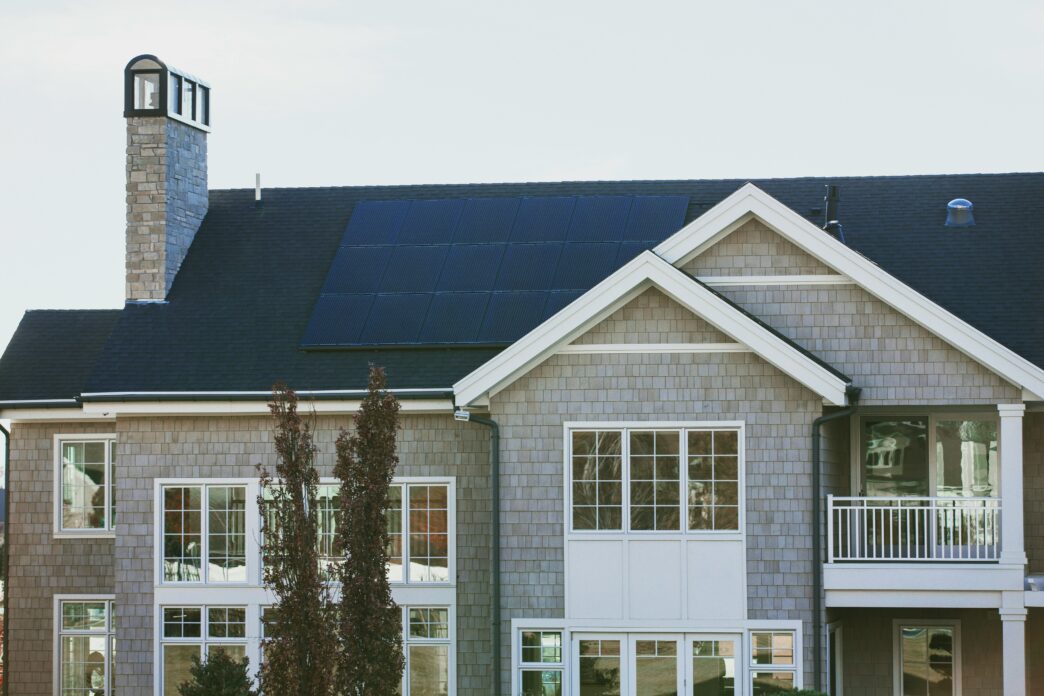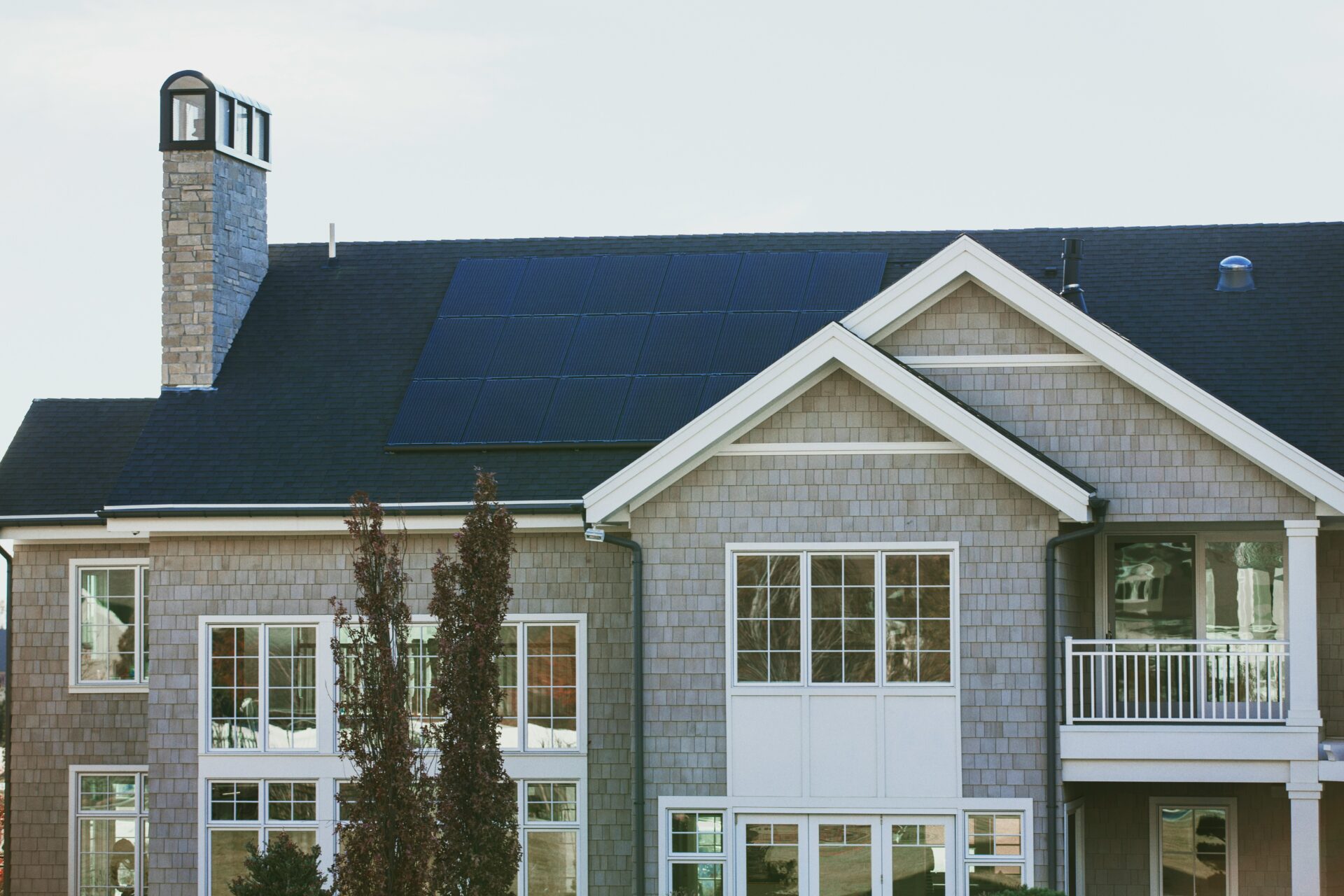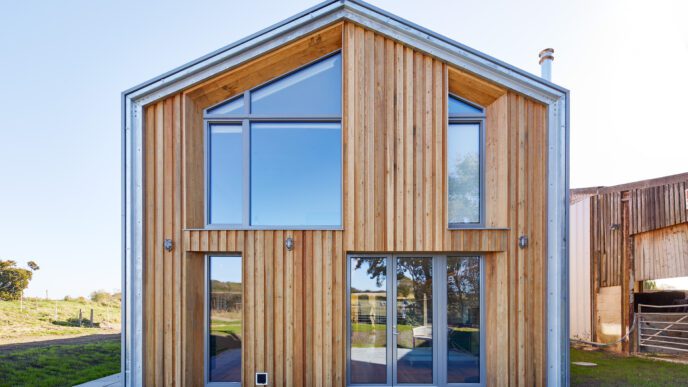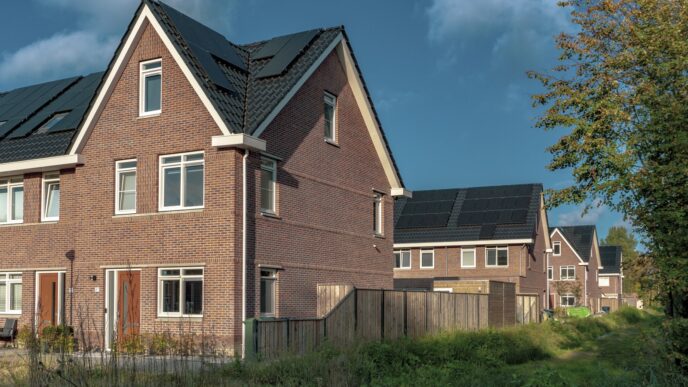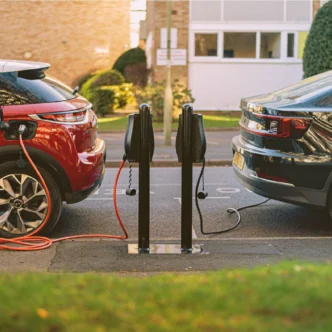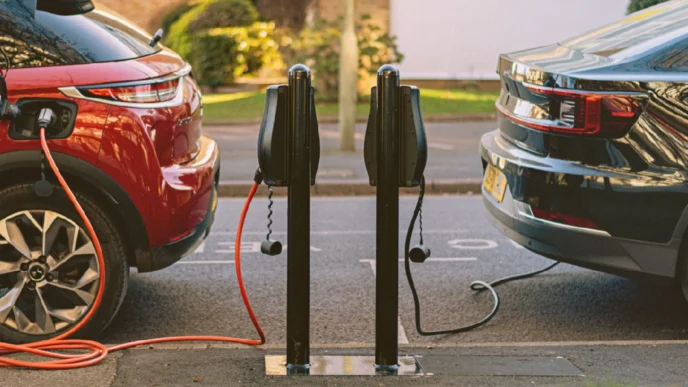Installing solar panels on your home is no longer just about reducing your electricity bills—it’s about transforming the way you live. With the rise of electric vehicles (EVs), combining solar power with home charging is a game-changer. Not only does it make EV charging cheaper, but it also benefits the environment and future-proofs your home. Here’s a simple guide to how it all works and why it’s a fantastic option for UK homeowners.
How Do Solar Panels Work?
Solar panels are installed on your roof to capture sunlight and turn it into electricity. Here’s the process in a nutshell:
- 1 – Sunlight Hits the Panels: Even on cloudy days, daylight is enough to generate energy.
- 2 – Conversion: Inside each panel are photovoltaic (PV) cells that convert sunlight into direct current (DC) electricity.
- 3 – Inverter Magic: This DC electricity is sent to an inverter, which converts it into alternating current (AC)—the type of electricity your home uses.
- 4 – Power Your Home: This electricity is then used to power your appliances, charge your EV, or stored in a battery for later.
How Solar Powers Your EV
If you own an EV, your solar panels can provide the power to charge it. Instead of pulling electricity from the National Grid (which can be costly), your EV charger draws power directly from your home’s solar system during the day.
Why Solar for EV Charging Is Brilliant:
• Cheaper Charging: Instead of paying around 30p per kWh to charge your car from the grid, you can use your solar energy for free once the system is installed.
• Sustainable Travel: Your car becomes powered by the sun, making your journeys practically emission-free.
• Smart Charging: Many EV chargers can be set to charge only when your panels are generating electricity, maximising efficiency.
Real-Life Example: Solar and EV Charging in Action
Let’s look at how solar panels, batteries, and an EV charger work together for a typical UK homeowner:
The Scenario:
• A family in Manchester installs a 4kW solar system for £6,000 and adds a battery storage system for £4,500. They also purchase an electric car (Nissan Leaf) and install a smart EV charger for £800.
What They Save:
1. Electricity Bills: Their solar panels generate 3,400 kWh annually, reducing their electricity bill by about £600 per year.
2. EV Charging Costs: Instead of paying £12 for a 200-mile charge from the grid, they charge their car for free during sunny days, saving roughly £600 per year.
3. Total Savings: Between powering their home and charging their car, they save over £1,200 per year.
Added Bonus:
During power cuts or at night, the battery storage system kicks in, keeping the lights on and their EV ready to go.
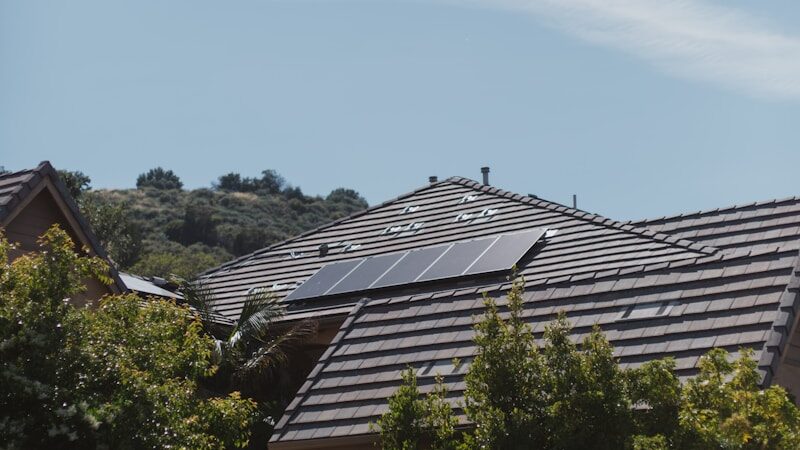
Costs and Practical Considerations
Here’s what you need to know about setting up a solar-powered EV charging system in the UK:
Installation Costs:
• Solar Panels: £5,000–£7,000 for an average 4kW system.
• Battery Storage: £4,000–£6,000 (optional but highly recommended).
• EV Charger: £500–£1,000 (grants may be available to help with costs).
Ongoing Maintenance:
Solar panels are low maintenance, typically requiring cleaning and a health check every few years.
Payback Time:
Depending on your energy usage and system size, you could recoup your investment in 8–12 years through energy savings and EV charging costs.
Why Solar, Batteries, and EVs Are the Future
The combination of solar panels, battery storage, and EVs is the ultimate win-win for your wallet, the environment, and the future.
Benefits for Your Wallet:
• Lower energy bills: Generate your own electricity and use less from the grid.
• Cheaper EV charging: Solar-powered charging is free once the system is installed.
• Increased home value: Homes with solar panels are often more attractive to buyers.
Benefits for the Environment:
• Reduced carbon footprint: Solar energy is 100% clean, and pairing it with an EV drastically cuts your emissions.
• Energy independence: Using solar means less reliance on fossil fuels and imported energy.
Benefits for the Future:
• Future-proofing: As energy prices rise, generating your own electricity becomes increasingly valuable.
• Contribution to sustainability: You’re actively supporting the transition to a greener energy system.
What’s Next for You?
If you’re considering solar panels, think about how they could transform not just your home but also your driving experience. With the UK pushing towards net-zero emissions, installing solar panels and charging your EV from the sun is a smart, sustainable step forward.
Speak to a reputable solar installer to get a personalised quote for your home, and don’t forget to check for grants like the Smart Export Guarantee (SEG), which pays you for excess energy you send back to the grid.

